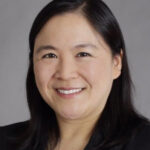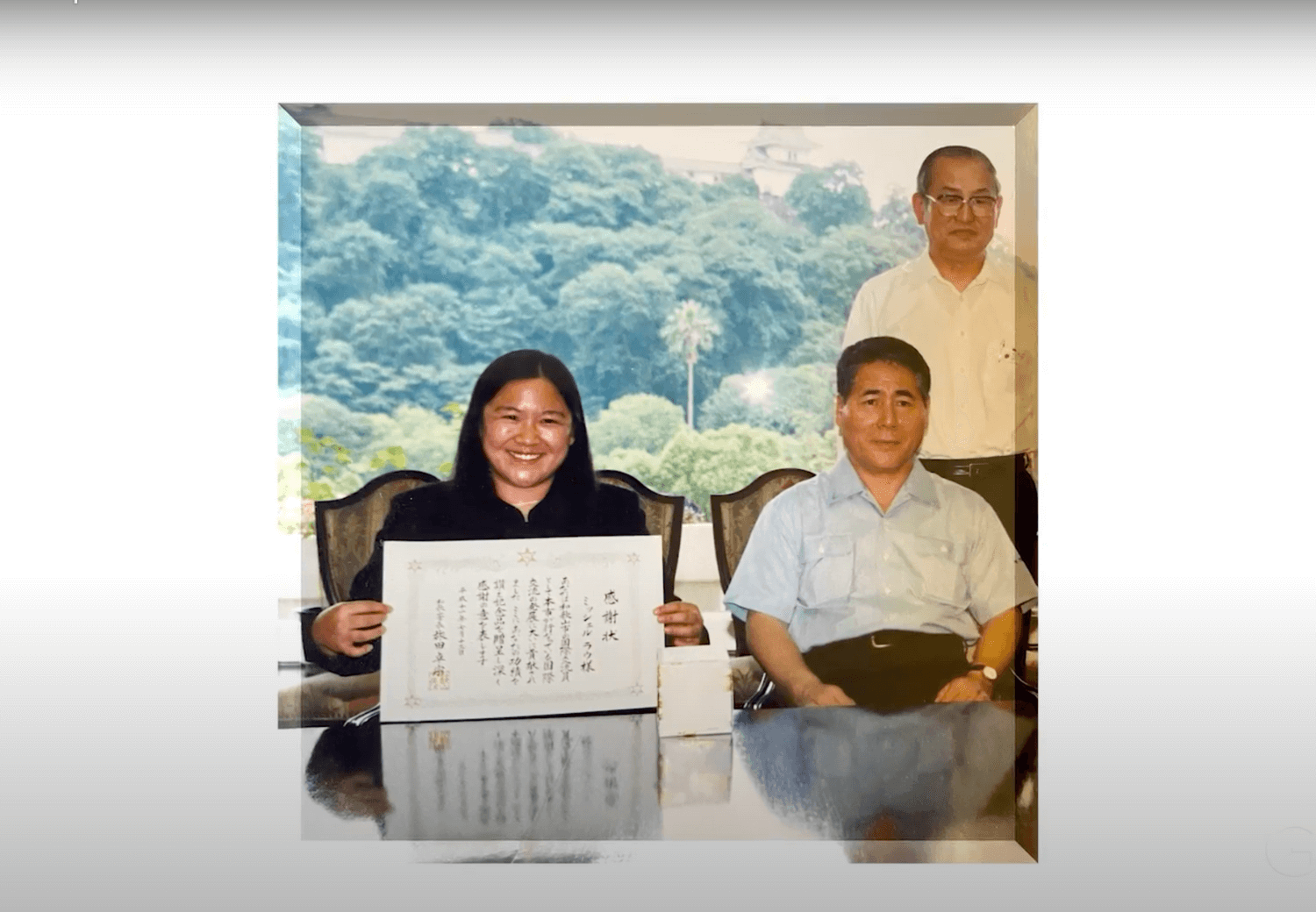Leadership Style
Lessons Abroad
Michele Lau
06.09.23
Michele Lau had a unique childhood growing up. Her parents wanted her to experience international travel as a form of education, so as a young girl she lived for a time in Japan. Hear how being immersed in a new culture helped shape the way Michele approaches her work today as a corporate attorney.
Summary:
Michele Lau had a unique childhood growing up. Her parents wanted her to experience international travel as a form of education, so as a young girl she lived for a time in Japan. Hear how being immersed in a new culture helped shape the way Michele approaches her work today as a corporate attorney.
Thuy

Michele Lau
Thuy

Michele Lau
Thuy

Michele Lau
Thuy




